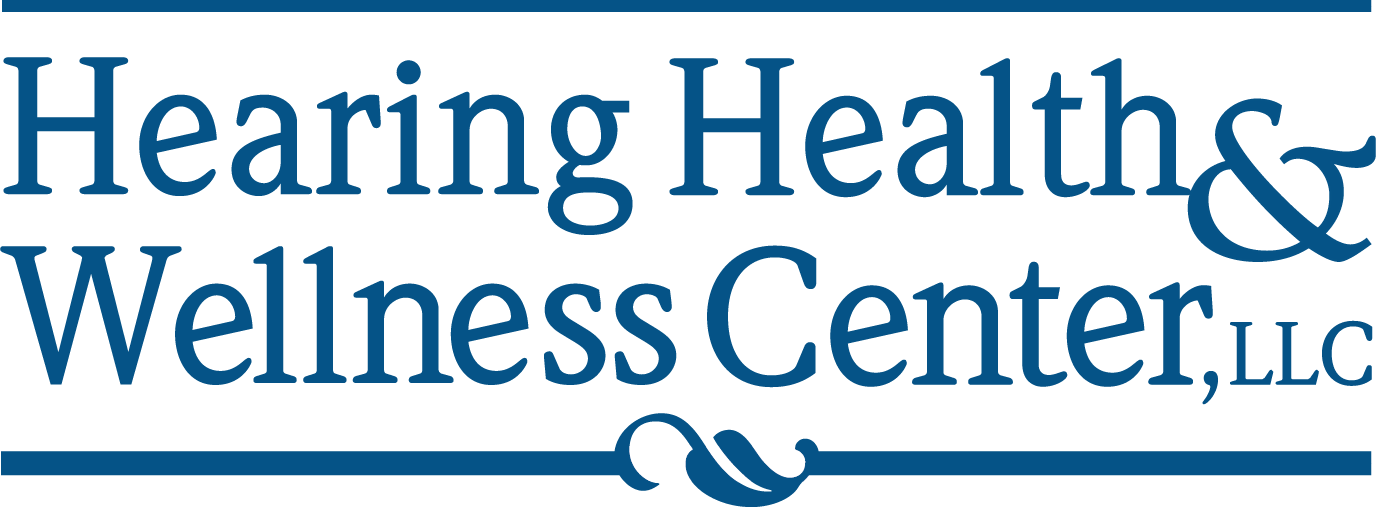Hearing aids are essential tools for treating, managing, or improving hearing loss. Hearing aids can make a dramatic difference and enhance the quality of life for people diagnosed with hearing impairments.
Hearing Health & Wellness Center in Plantsville, CT can help you select the hearing aid that best suits your hearing requirements and way of life. As a one-stop shop for all your audiology requirements, our clinic also provides maintenance, repair, and adjusting services for hearing aids for your convenience.
Hearing Aid Selection
Choosing the best and most appropriate hearing aid can be challenging given the variety of options currently available on the market. The majority, if not all, hearing aid brands will claim to be the best, which can make hearing aid selection a bit overwhelming.
The first thing you must keep in mind while choosing a hearing aid is that every person has a unique type of hearing loss. There are many types and degrees of hearing loss, and you also need to take into account your budget, lifestyle, and preferred technology features.
In the process of choosing hearing aids, audiologists are important. Proper fitting, adjusting, and real ear measurement verification should be done in order to effectively utilize the capabilities and advantages of hearing aids.
Hearing aid styles
To help make hearing aid selection easier, we’ve listed all the available hearing aid styles with their corresponding features and benefits.
Completely-in-the-Canal (CIC)
With CIC hearing aids, only the small handle for removal of the hearing aid can be seen out of the ear canal.
- Virtually undetectable
- For mild to moderately severe hearing loss
- Custom-made
In-the-Canal (ITC)
ITC hearing aids are custom-fit devices that sit inside the ear canal. Unlike completely-in-canal hearing aids where only the removal handle can be seen out of the ear canal, ITC hearing aids show a bigger portion in the outer ear. The majority of ITC hearing aids are fitted to the wearer’s particular ear anatomy and are housed in a thin plastic casing.
- For mild to moderately severe hearing loss
- Can accommodate a variety of technology level choices
- Custom-made
In-the-Ear (ITE)
In-the-ear hearing aids are designed to fit the outer portion of the ear. Custom-made in-the-ear hearing aids come in two designs: full shell and half shell. Half-shell ITE hearing aids only occupy the bottom portion of the outer ear, while full-shell ITE hearing aids fill the entire bowl-shaped space.
- Easy to adjust
- For mild to severe hearing loss
- Custom-made
Behind-the-Ear (BTE)
Behind-the-ear hearing aids are the world’s most common hearing aid style. BTE hearing aids are available in standard, power, or mini variants.
- For moderate to severe hearing loss
- No hard-to-use buttons
- Discreet design
- Can be used with rechargeable batteries
RIC Hearing Aids
[add content]
Hearing Aid Programming and Adjustments
To make sure you have the greatest possible hearing experience, we strongly advise that you leave the programming of your hearing aids in the hands of experts. Smart phones and specialized apps make it easy for patients to make adjustments in different environments.
Hearing Health & Wellness Center in Plantsville, CT provides post-fitting support to assure our patients are receiving the best hearing care available .
Real ear measurements
The gold standard for verifying whether a hearing aid user is getting the most precise degree of amplification at each frequency is real ear measurements (REM), also known as probe microphone measurements.
Since every person’s hearing loss is different, real ear measurements must be performed to ensure that hearing aids are configured specifically for your unique hearing loss.
Why is a real ear measurement important?
Real ear measurements play a crucial role in hearing aid fitting because they accurately measure the intensity of a hearing aid based on its intensity and frequency response and how it affects your affected ear.
Hearing Aid Repairs
Any electronic device will eventually need servicing or maintenance no matter how well you take good care of it. In a similar manner, hearing aids will eventually require some servicing or updating at one point or another.
Hearing Health & Wellness Center provides hearing aid repairs and services in our on-site lab, in Plantsville, CT. We service and repair several hearing aid brands including Phonak, Unitron, Oticon, ReSound, Widex, Signia, and Starkey.
Hearing Health & Wellness Center – Hearing Aid Services in Plantsville, CT
We are here to help you HEAR! We provide the most comprehensive hearing care in central Connecticut. We take pride in providing the latest cutting-edge hearing aids and audiological treatments at our clinic. We provide one-stop convenience for all of your hearing needs, ranging from hearing aids and accessories to hearing protection.
Contact us today to schedule an appointment!
